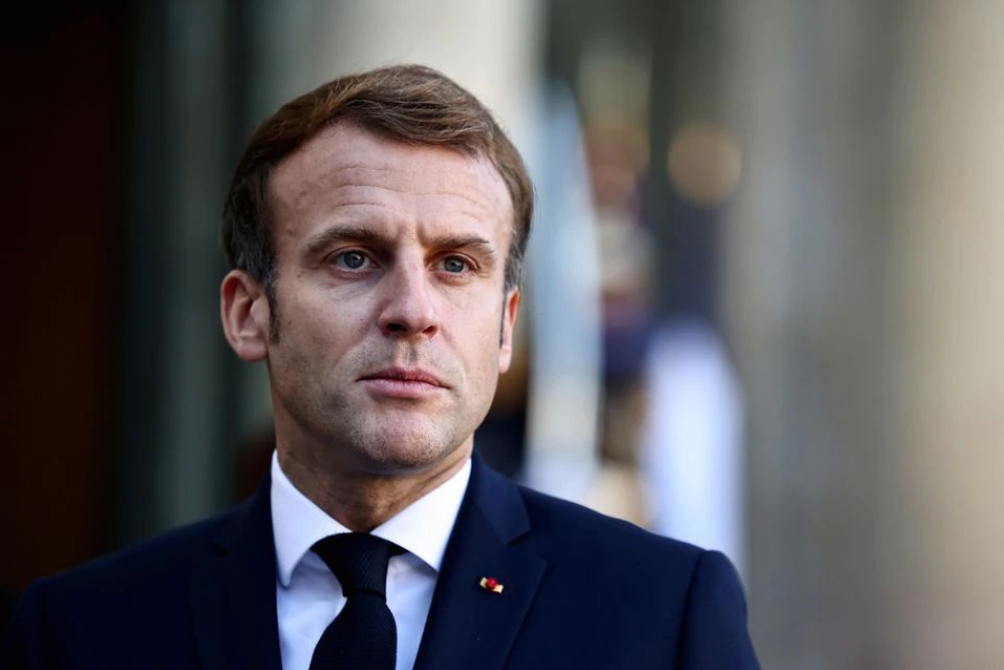France will build new nuclear reactors to help the country lessen its dependence on foreign countries for its energy supplies, meet global warming targets and keep prices under control, President Emmanuel Macron said on Tuesday.

With concerns over purchasing power topping opinion polls five months before the presidential election, at a time of soaring energy prices, Macron said the decision to go for new reactors was essential to keep prices "reasonable."
"We are going, for the first time in decades, to relaunch the construction of nuclear reactors in our country and continue to develop renewable energies," Macron said in a televised address to the nation.
This was meant "to guarantee France's energy independence, to guarantee our country's electricity supply and achieve our objectives, in particular carbon neutrality in 2050," he said.
As Europe grapples with steep increases in energy prices, France is taking a different path from neighbours like Germany.
Germany responded to the 2011 Fukushima nuclear disaster in Japan by accelerating its national exit scheme for reactors.
Macron gave no details, but his government is expected to announce the construction of up to six new pressurised-water reactors within the coming weeks.
Previously, the government had said it would not launch any new third-generation EPR reactor projects until state-owned EDF's (EDF.PA) much-delayed EPR nuclear power plant in Flamanville, northwestern France, is completed.
But French media in October reported that the impact of Europe's gas crisis on energy prices, and the knock-on effect on household spending power, had accelerated Paris's decision to commit to the EPR technology.
Greenpeace criticised Tuesday's announcement, saying the plan to build new reactors was "disconnected from reality," pointing to the problems with the Flamanville project, which has suffered a decade of delays and huge cost overruns.
Early in his mandate, Macron pledged to reduce nuclear's contribution to France's energy mix to 50% from 75% by 2035.